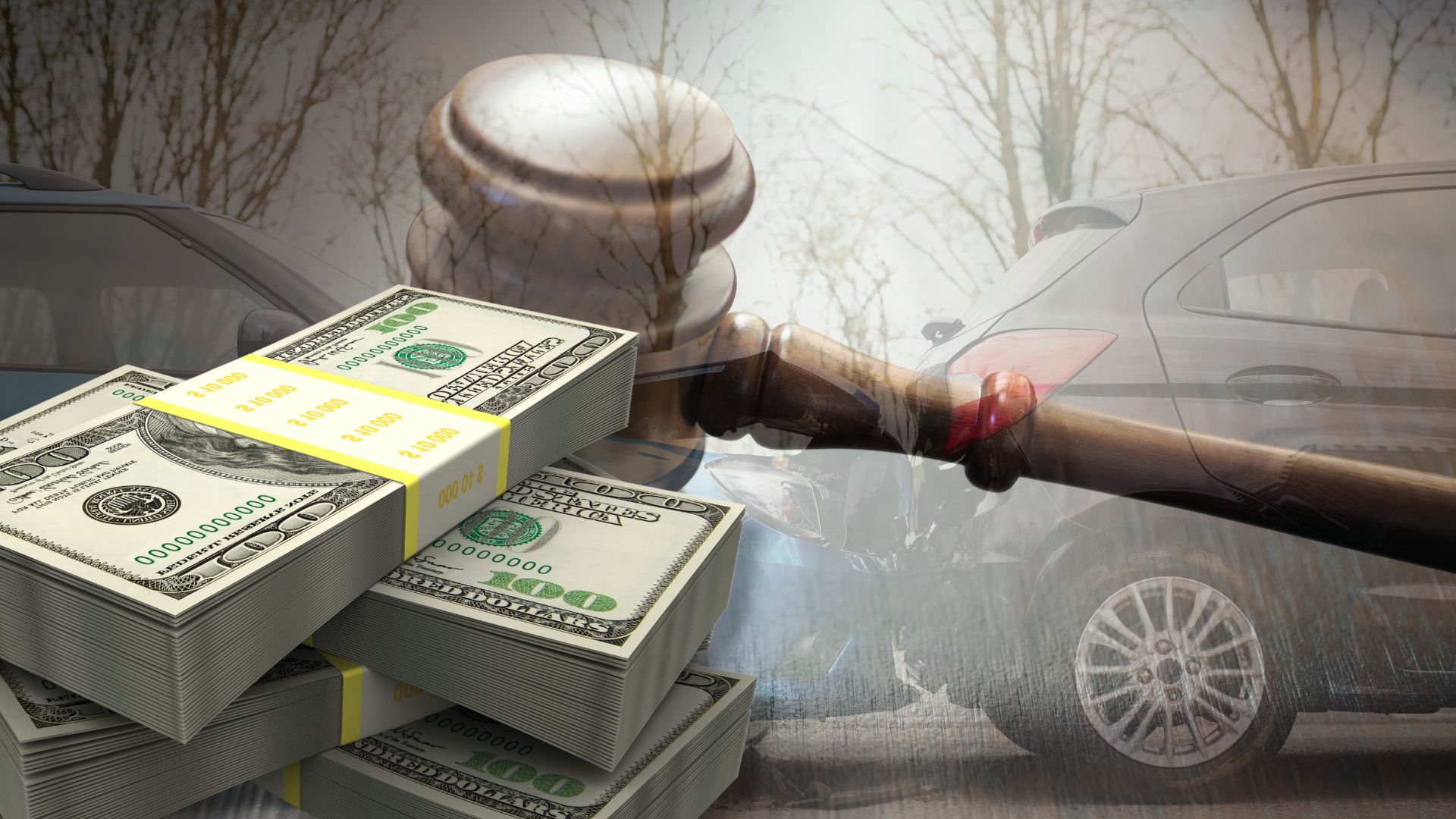A Shocking Decision: $100 Million in Punitive Damages, $14 Million in Compensatory Damages
Insurance giant USAA has landed in the spotlight after a Nevada jury handed down a monumental $114 million verdict in a bad faith lawsuit. The award, which includes $100 million in punitive damages and $14 million in compensatory damages, arose from its handling of a claim for policyholder Timothy Kuhn following a car accident in 2018.
The jury’s decision underscores a growing tension between insurers’ claims-handling practices and their legal obligations to their customers, raising questions about how well insurers prioritize policyholder rights over their financial bottom line.
The Backstory: A Collision, a Claim, and a Controversial Defense
The case began with a rear-end collision in which Kuhn’s stationary BMW was hit by a Ford F-150 pickup moving at around 45 miles per hour. USAA initially ruled that the other driver was entirely at fault. However, when Kuhn sought compensation for his injuries—including symptoms of a traumatic brain injury (TBI)—USAA suddenly changed its position. The insurer argued in court that Kuhn was partially responsible for the crash, despite their initial findings.
Kuhn’s symptoms, including memory loss, headaches, and difficulty with executive function, resulted in significant medical expenses and years of rehabilitation. Yet, USAA reportedly offered just $10,000 to settle the case initially. This lowball figure, compared to the medical bills Kuhn incurred, led his legal team to accuse USAA of employing a “delay, deny, defend” strategy.
Before trial, USAA eventually agreed to pay Kuhn the maximum $250,000 amount allowed under his policy. However, this payment came mere days before the trial, and the jury was not impressed.
A Deep Divide in Arguments
The Consumer’s Perspective: A Breach of Trust
Kuhn’s attorneys argued that USAA failed to treat their own customer fairly and compounded his financial distress by dragging the process out unnecessarily. They highlighted how USAA initially recognized the other party’s fault, only to shift their stance dramatically during litigation.
“This case is about more than just the money,” said Kuhn’s attorney, Joshua Berrett. “It’s about ensuring insurers honor their duty of good faith to their policyholders.” Berrett also pointed to the emotional and physical toll the prolonged litigation had on Kuhn, who faced years of financial strain due to medical bills and legal expenses.
The $100 million punitive damages signal the jury’s consensus that USAA’s behavior warranted more than just monetary correction. It was a message aimed at holding them accountable for prioritizing their own legal defense over fairly addressing their policyholder’s needs.
The Insurer’s Defense: Due Diligence or Bad Practice?
USAA’s legal team, on the other hand, maintained that their actions did not amount to bad faith. Attorney Robert McLay argued that the delay in settlement stemmed from the complexity of Kuhn’s injuries and the need for thorough evaluation, rather than a deliberate attempt to delay payment.
USAA also raised doubts about the severity of Kuhn’s traumatic brain injury, pointing to evidence suggesting he used his phone shortly after the accident. Their defense team claimed that this behavior undermined his claims of serious injury. The company’s eventual payout of the policy limit, they argued, demonstrated its commitment to fairness, albeit later in the process.
“We respectfully disagree with the verdict and believe it is not supported by the evidence presented at trial,” a USAA spokesperson stated, adding that the company might explore an appeal.
The Bigger Picture: Policyholder Rights and Industry Trends
While this case focuses on the experience of a single policyholder, the verdict has broader implications for the insurance industry. It highlights growing frustrations among consumers about perceived bad faith practices, including inadequate initial offers, long delays, and aggressive litigation tactics.
A 2023 survey found that over 30% of insurance customers felt dissatisfied with how their claims were handled, citing delays and low offers as their biggest complaints. This verdict, combined with similar rulings in recent years, suggests courts are willing to penalize insurers who fail to act in good faith.
For insurers, the takeaway is clear. Robust payouts might hurt the bottom line in the short term, but prolonged, contentious claims battles that damage reputations and result in massive punitive awards may be even worse.

